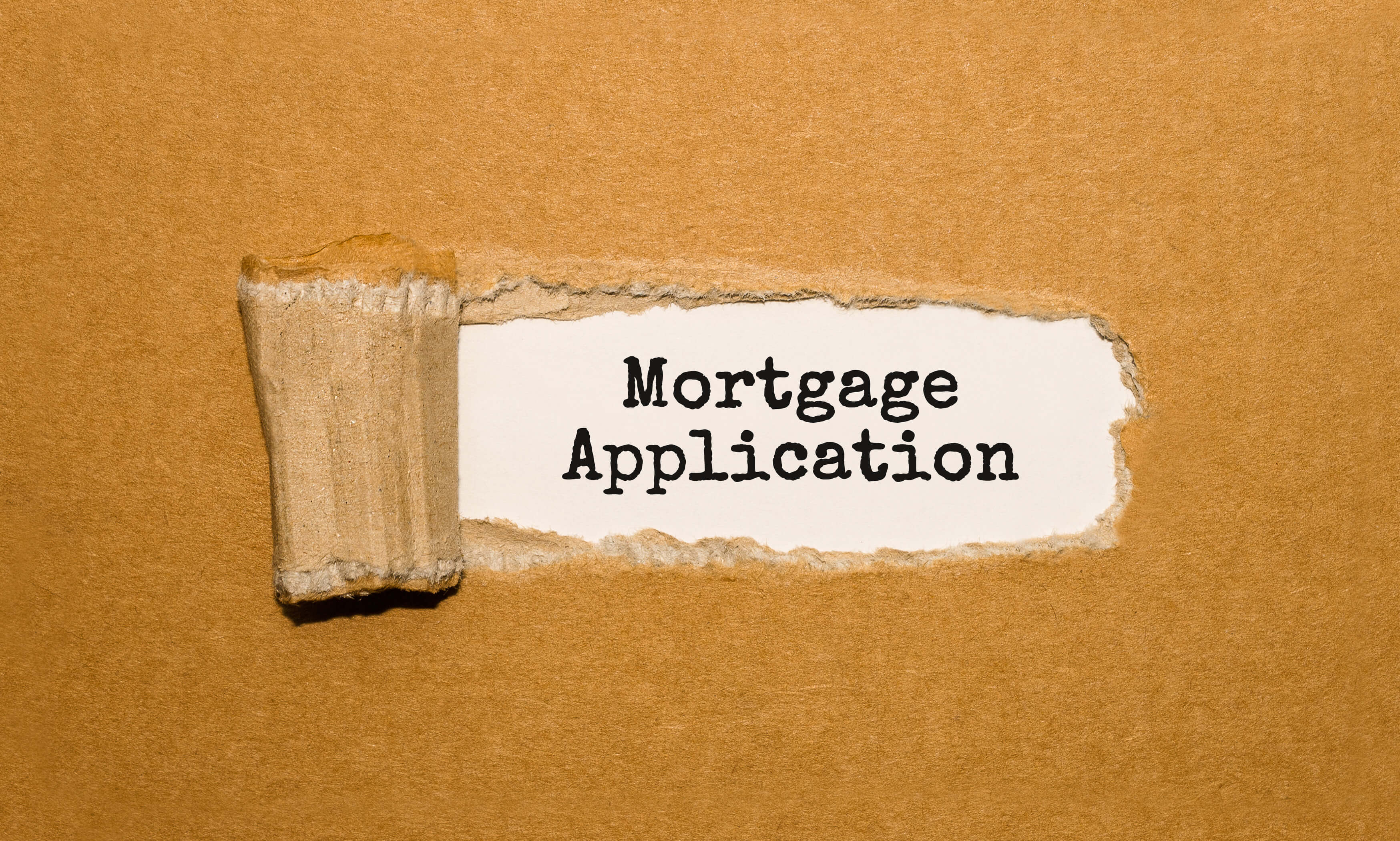A mortgage allows a creditor, who is not paid within the agreed time, to obtain the building’s seizure. It subsists in full on all the buildings affected by it, on each portion of these buildings and their improvements, until the debt’s full repayment.
What is the best mortgage for me? Financial opportunities play an important role and the willingness to manage possible changes in expected interest rates. Often, the combination of different types of mortgages is the best solution.

Types of Mortgage
Valid for all three types of mortgage
In all types of mortgages, the interest rate level depends on the size of the credit and its duration, the rate of the market, and the credit health of the debtor. In general, the debtor should opt for a combination of the three types of mortgages. In this case, it is highly recommended to seek the advice of a specialist.
Fixed mortgage
The most popular variant is the fixed mortgage. In this type of mortgage, the rates and maturities are fixed at the time of the contract’s finalization and remain unchanged for a period ranging from one to 15 years.
For people who wish to predict their budget accurately without having to deal with fluctuations in interest rates, the best solution is a fixed mortgage. However, a fixed rate can also become a disadvantage: even if the interest plummets, one remains bound to the fixed interest rate.

The variable mortgage
Variable mortgages have no fixed maturity. Most of the time, they can be terminated within three or six months. The interest rate varies in relation to the general interest level, which makes the variable mortgage rather attractive when the interest drops and is freely adapted by the bank. However, banks are reluctant to pass on the benefits of falling interest rates.
A variable mortgage can also be a transitional solution for a homeowner, who may require short-term financing because he wishes to sell the property soon and needs the flexibility.
The money market or LIBOR mortgage
The money market mortgage exists for a fixed term of three to 12 months. The interest rates of these types of mortgages are subject to strong fluctuations. Against the excessive oscillations upward, it is possible to protect oneself via an upper limit of interest (cap); however, this has the disadvantage of not being free. It is also possible to define a minimum interest, which makes the mortgage cheaper. If you rely on lower rates but can manage any fluctuations, you should opt for the money market mortgage.

The legal effects of mortgages
Unless the sale of the mortgaged property continues in accordance with the terms of the civil enforcement laws by which the mortgage agreement may not derogate, the unpaid mortgage creditor may: claim that the immovable remains in payment to him, unless the immovable constitutes the principal residence of the debtor. In this case, the buyer may enter into a mortgage agreement in which he will become the mortgaged property owner unless the property is the principal residence of the debtor.
In these two cases, the building must be estimated by an expert who is appointed amicably or judicially. If its value exceeds the amount of the secured debt, the creditor will owe the debtor an amount equal to the difference. If there are other mortgage creditors, he must then record it. The mortgage follows the property in the hands of which it passes, to be paid according to their claims or registrations’ order.
If the third-party holder does not fulfill the formalities established to purge his property, by the effect of registration alone as the holder, all the mortgage debts remain, and the owner enjoys the terms and deadlines originally granted to the debtor. In the same case, the third-party holder is obliged to pay all the interest and capital payable or abandon the mortgaged property without any reserve.
If the third-party holder fails to comply with one of these obligations, each creditor who holds a resale right in the immovable has the right to the seizure and sale of the immovable under the conditions legally provided for that purpose.
 About Complete Controller® – America’s Bookkeeping Experts Complete Controller is the Nation’s Leader in virtual bookkeeping, providing service to businesses and households alike. Utilizing Complete Controller’s technology, clients gain access to a cloud-hosted desktop where their entire team and tax accountant may access the QuickBooks™️ file, critical financial documents, and back-office tools in an efficient and secure environment. Complete Controller’s team of certified US-based accounting professionals provide bookkeeping, record storage, performance reporting, and controller services including training, cash-flow management, budgeting and forecasting, process and controls advisement, and bill-pay. With flat-rate service plans, Complete Controller is the most cost-effective expert accounting solution for business, family-office, trusts, and households of any size or complexity.
About Complete Controller® – America’s Bookkeeping Experts Complete Controller is the Nation’s Leader in virtual bookkeeping, providing service to businesses and households alike. Utilizing Complete Controller’s technology, clients gain access to a cloud-hosted desktop where their entire team and tax accountant may access the QuickBooks™️ file, critical financial documents, and back-office tools in an efficient and secure environment. Complete Controller’s team of certified US-based accounting professionals provide bookkeeping, record storage, performance reporting, and controller services including training, cash-flow management, budgeting and forecasting, process and controls advisement, and bill-pay. With flat-rate service plans, Complete Controller is the most cost-effective expert accounting solution for business, family-office, trusts, and households of any size or complexity.




